When it comes to pool maintenance, ensuring crystal-clear water and a safe swimming environment is a top priority for pool owners. One common method to achieve this is through pool chlorination, which kills bacteria and keeps your pool water sanitized. Traditional methods like using pool powder or tablets have been in use for decades. However, in recent years, salt chlorinators have gained popularity as an alternative method. In this article, we’ll explore what salt chlorinators are and whether they are worth considering compared to traditional pool powder.
What is a Salt Chlorinator?
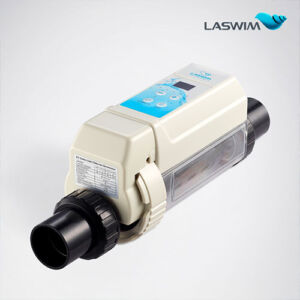
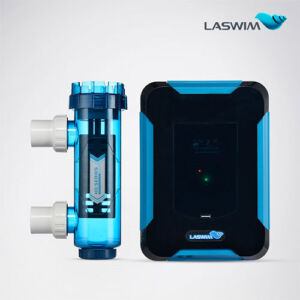
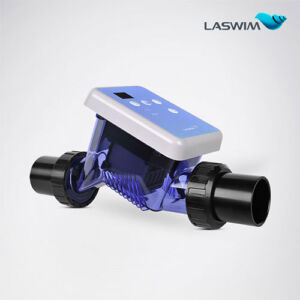
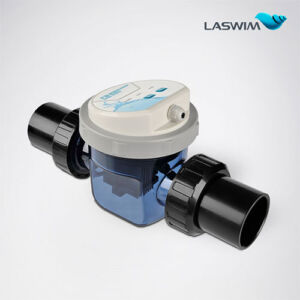
A salt chlorinator, also known as a salt water chlorinator, salt generator or salt cell system, is a device designed to produce chlorine from salt dissolved in your pool water. Instead of manually adding chlorine in the form of powder or tablets, a salt chlorinator generates chlorine through a chemical process called electrolysis. Here’s how it works:
- Salt Added: You add a specific amount of pool-grade salt to your pool water. This salt is usually sodium chloride.
- Electrolysis Process: The saltwater passes through an electrolysis cell in the chlorinator unit. Inside the cell, an electrical current is applied, breaking down the salt molecules into sodium and chlorine ions.
- Chlorine Generation: The chlorine ions produced during electrolysis act as a sanitizer, effectively killing bacteria, algae, and other contaminants in your pool.
- Continuous Cycle: The chlorination process is continuous as long as the pool pump and chlorinator are running, ensuring a consistent chlorine level in your pool.
Advantages of Swimming Pool Chlorinators:
- Lower Maintenance: Salt chlorinators require less hands-on maintenance compared to regularly adding chlorine powder or tablets. You don’t need to handle and store chlorine chemicals.
- Consistent Chlorine Levels: They provide a more stable and consistent chlorine level in your pool, reducing the risk of over-chlorination or under-chlorination.
- Softer Water: Saltwater pools are known for having softer, silkier water that is gentler on the skin and eyes.
- Long-term Cost Savings: While the initial installation cost can be higher, salt chlorinators can be more cost-effective in the long run as you won’t need to buy chlorine products regularly.
Pool Powder vs. Chlorinators for Swimming Pools:
1. Initial Cost: Pool powder is typically more affordable upfront, while salt chlorinator installation can be a significant initial investment. However, consider the long-term costs and savings.
2. Maintenance: Salt chlorinators require less frequent attention once properly set up. Pool powder demands regular manual additions, making it more labor-intensive.
3. Consistency: Salt chlorinators provide a steadier chlorine level, reducing the need for constant testing and adjustment, which can be the case with pool powder.
4. Water Quality: Saltwater pools are favored for their smoother feel, but personal preference plays a role in this aspect.
5. Environmental Impact: Salt chlorinators may be considered more environmentally friendly as they eliminate the need for storing and handling chlorine chemicals.
In conclusion, the choice between a salt chlorinator and pool powder depends on your preferences, budget, and maintenance preferences. Salt chlorinators offer convenience, consistent results, and long-term savings.
Laswim Water Environment Equipment Company was founded in 1989 and has been committed to supply quality pool products, such as underwater pool lights, salt chlorinators, pool heat pumps, pool pumps, and pool sand filters, among others. Our products are sold to many countries around the world and work closely with numerous distributors on after-sales service. We welcome your inquiries and look forward to cooperating with you.
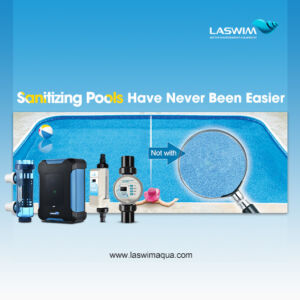
![]()

